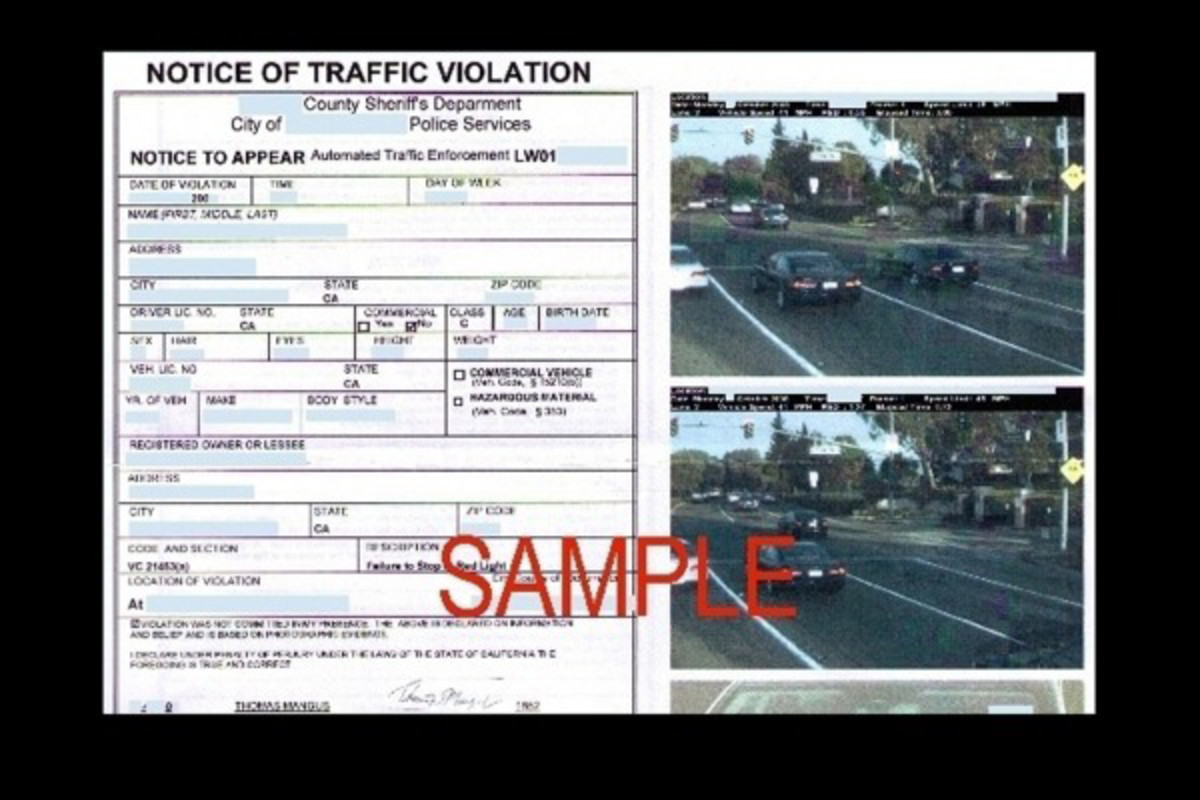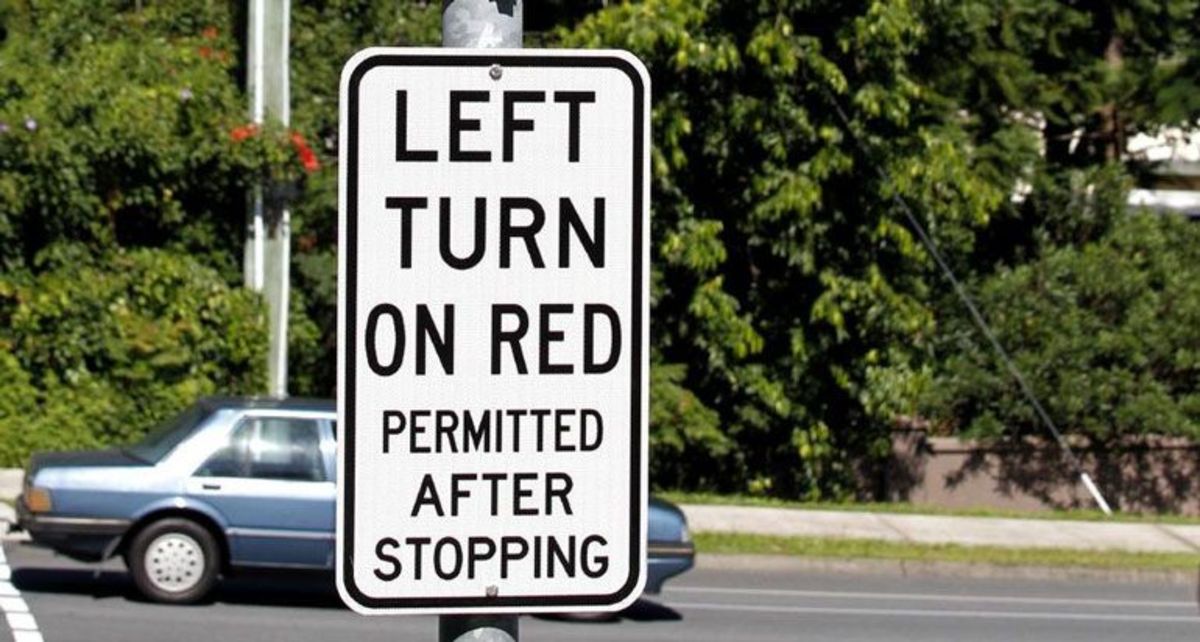The Red Light Camera: Are Marked, Photo Enforced Intersections Safer?
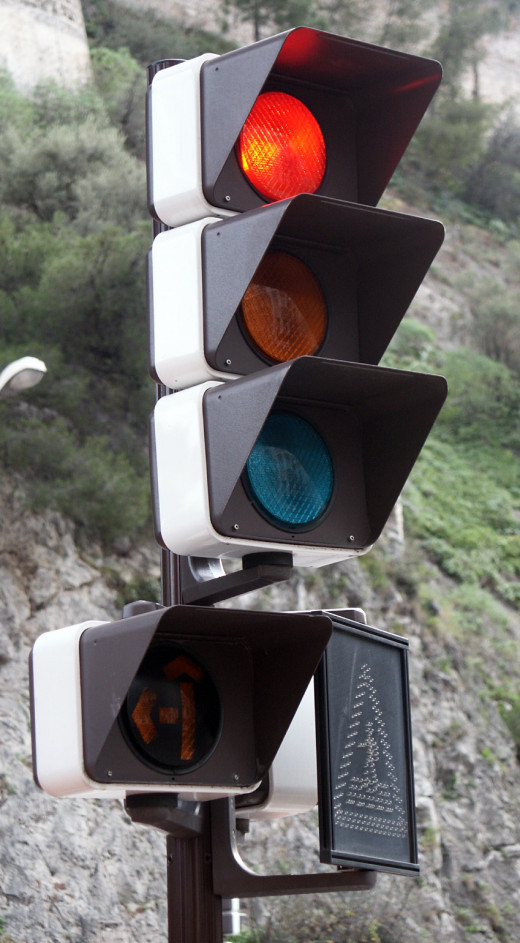
More and more red light cameras are being installed across the United States, aimed at catching people going through an intersection after a light turns red. The safety and efficacy of the program has been brought into question. Do red light cameras really save lives or are they an easy way for local and state governments to line their pockets?
What Are Red Light Cameras?
Red light cameras are automated cameras installed at an intersection. They camera takes pictures from different angles of the car, driver and license plate when it is driving in an intersection after the light turns red. Crossing the traffic line is supposed to trigger the camera.
The offender will then receive a ticket in the mail from the county where the infraction was committed. Typically the offender can review the infraction online and decide if he or she wants to go to court and fight the ticket or just pay it.
Public Support
Mention red light cameras and you’ll receive plenty of strong reactions, see angry rants online and angry social media posts. But are these people the vocal minority? A study by the Insurance Institute for Highway Safety indicates that, through polling, they found that most cities that had long-standing red light cameras also had residents who had positive feelings about the cameras.
In the study, 59% of those surveyed believed that the red light cameras made those intersections safer. The study concludes by noting that better public relations and education about the benefits of red light cameras would benefit those cities that are installing or have already installed the cameras.
Not So Fast
But maybe the public support depends on who you ask or how you skew the data. Daniel Chacon and Jacob Rogers of the Colorado Springs Gazette noted that public opinion was one of the factors that ended the red light camera program in their city.
Police Chief Pete Carey admitted that the public did not like the cameras and saw them as a ploy to generate money, not a way to improve safety.
Carey also said that the program was costing too much money because the department needed two police officers working full time to review the film of the infractions and issue the tickets.
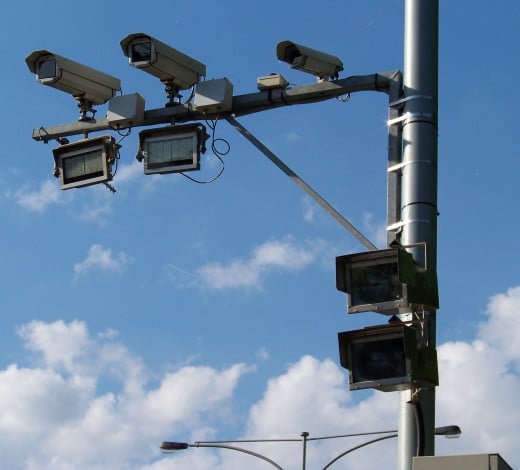
Safety
In a report by the U.S. Department of Transportation, Federal Highway Administration, the results of an extensive safety study were examined.
The study showed that there was a modest safety benefit but noted that the reduction of crashes was much less than previous safety studies had indicated. The reason for this is that while side impact crashes decreased, there was a slightly higher rate of rear end crashes that offset some of the safety benefits.
There was also a modest economic incentive for counties that had the red light cameras though again, the gains were not as high as previous studies had indicated.
Scandals
Sometimes the installation of red light cameras has less to do with safety or city revenue and more to do with personal benefits for corrupt officials. In recent news, there have been scandals associated with Redflex, a prominent installer of red light cameras across the nation. Redflex is accused of bribing city officials with vacations and luxury hotel stays (among other economic incentives) in turn for the push for expansion of the red light camera programs in their cities.
This lines the pockets of the officials and the company itself. The allegations and subsequent investigations have raised a lot of questions about the red light camera programs across the country and deepened public skepticism about the profit motives of the camera installations.
As the lawsuits and investigations continue, the findings could have a domino effect on other city, county and state programs. Redflex has installed cameras across the nation and if the bribery allegations are upheld, other places may also face costly lawsuits and investigations.
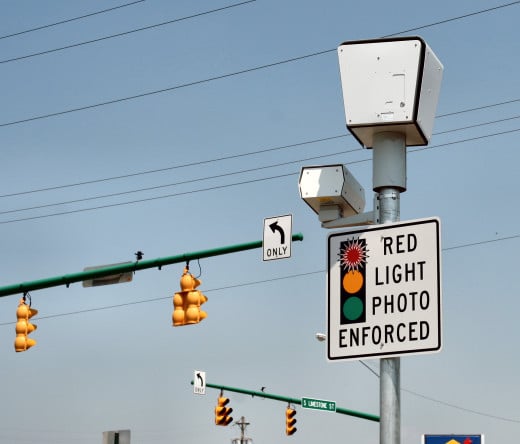
How To Deal With Red Light Cameras
Intersections with red light cameras are marked with signs that say “photo enforced.”
There are ways to avoid getting tickets and according to Michelle V. Rafter of Edmunds, the best way to avoid them is to always make sure you come to a full and complete stop at an intersection.
Top Ways To Avoid Tickets and Fines
Right Turns
| Paints and Covers
|
|---|---|
• Right turns often generate a lot of the revenue at red light cameras and are one of the reasons the public sees them as a money maker rather than an asset and a promoter of safety. When making a right turn, come to a complete stop. If there is a line, stay behind it. If not, make sure the full stop is detectable before making the turn. Look for signs that indicate no right turns on red and obey them.
| • Products such as clear sprays and clear license plate covers may work in some instances but some cities and counties have laws against them. If you get caught using it you could face additional fines. Before you purchase a product like that, review the laws in not only your own city but anywhere that you plan to drive.
|
Apps
| Fight It In Court
|
|---|---|
• If you have a smart phone, check for apps that will alert you to red light cameras in a city. It will allow you to navigate around those intersections that have them or give you information about timing and length of yellow light. This is especially handy if you are driving in a city that is unfamiliar to you.
| • You can also fight the ticket in court using information from companies such as the National Motorist Association. According to Edmunds, NMA offers phone consultations and advice to their members about fighting red light camera citations. • Depending on the county, many have found success when challenging tickets, especially since the camera often only captures the car committing the offense, not the actual driver.
|
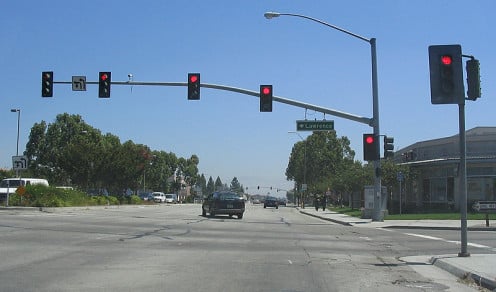
What States Have Red Light Cameras?
As of March 2013, twenty four states have red light cameras or have passed laws allowing their installation.
- New Jersey
- New Mexico
- New York
- North Carolina
- Ohio
- Oregon
- Pennsylvania
- Tennessee
- Texas
- Virginia
- Washington
- Washington,D.C.
-
Alabama
-
Arizona
-
California
-
Colorado
-
Delaware
-
Florida
-
Georgia
-
Illinois
-
Indiana
-
Louisiana
-
Maryland
-
Missouri
Are The Cameras Here to Stay?
Whether red light cameras are here to stay or not depends on many factors including cost vs. benefit, public sentiment, lawsuits and safety analysis.
Even as some cities such as Jacksonville, Florida are implementing red light cameras at problem intersections, others are ending the program after finding little benefit, higher-than-expected costs and public backlash.
States that are getting rid of the program say that the improvements to safety have been negligible.
The jury is still out, but the results are mixed at best and troubling at worst.


